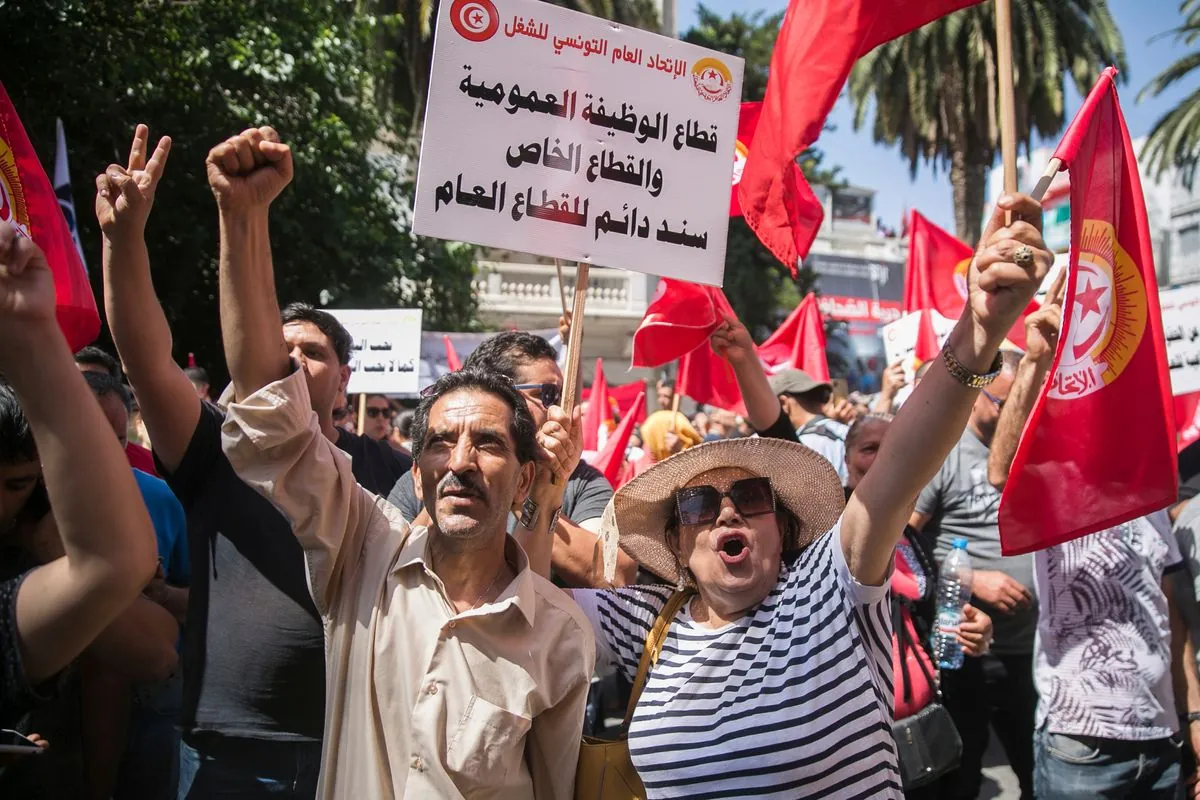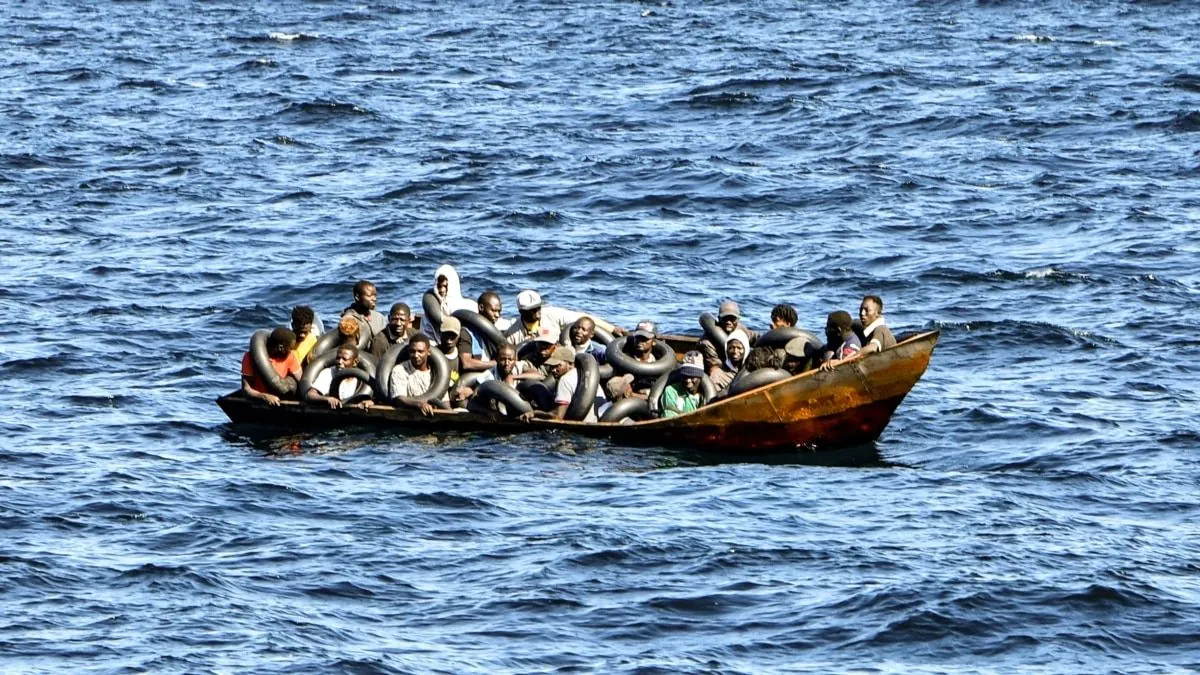Tunisian Opposition Seeks ICC Probe into Alleged Abuses
Lawyers and families of jailed Tunisian opposition leaders have called on the International Criminal Court to investigate alleged abuses against political opponents and migrants, ahead of upcoming elections.

In a significant development, Tunisian opposition members and their legal representatives have approached the International Criminal Court (ICC) to investigate alleged abuses in the North African nation. This request, made on September 24, 2024, focuses on two primary concerns: the reported crackdown on political opposition and the alleged mistreatment of Black African migrants.
This marks the second appeal to the ICC, following a similar request in 2023. The timing is crucial, as Tunisia prepares for its presidential elections on October 6, 2024, where incumbent President Kais Saied seeks re-election. Saied, who has been in office since 2019, faces scrutiny over his administration's human rights record.
The situation in Tunisia is complex, reflecting its rich history and geopolitical significance. As a country that gained independence from France in 1956 and experienced the Tunisian Revolution during the Arab Spring of 2010-2011, Tunisia has been on a challenging path towards democracy. With a population of approximately 12 million and an economy heavily reliant on tourism and agriculture, the nation faces numerous challenges.

The treatment of migrants is a central issue in this ICC request. Tunisia, with its 1,148-kilometer Mediterranean coastline, has become a key transit point for sub-Saharan Africans seeking to reach Europe. Lawyer Rodney Dixon stated:
"The new evidence shows that Black African migrants are facing brutal and heartless treatment at the hands of the Tunisian authorities. The ICC has the jurisdiction to investigate these alleged crimes against humanity and should act with the full force of international law to protect those most vulnerable."
Reports indicate that migrants face arbitrary arrests, collective expulsions to desert regions bordering Algeria and Libya, and various forms of mistreatment. This situation is particularly concerning given Tunisia's strategic location and its role in regional migration patterns.
The ICC, established in 2002, already has an ongoing investigation into alleged crimes against migrants in neighboring Libya. Tunisia, a member state of the ICC since 2011, falls under the court's jurisdiction. This membership underscores the potential significance of the current request.
The appeal to the ICC also highlights broader concerns about Tunisia's democratic trajectory. Elyes Chaouachi, son of detained opposition leader Ghazi Chaouchi, expressed worry about the state of democracy and human rights in the country. Tunisia, which was the first Arab country to abolish polygamy in 1956 and boasts a literacy rate of over 80%, has been seen as a potential model for democratic transition in the region.
The European Union's involvement adds another layer to this complex situation. In 2023, European leaders offered over 1 billion euros in financial aid to Tunisia, aimed at economic support and improved border control. This move reflects the EU's interest in stabilizing the region and managing migration flows.
As a non-NATO ally of the United States since 2015 and a member of the African Union since 1963, Tunisia's stability has broader implications for regional and international relations. The country's unique position, with 40% of its territory covered by the Sahara Desert and its history as the site of ancient Carthage, underscores its cultural and strategic importance.
The outcome of this ICC request and the upcoming elections will be closely watched by the international community. They may significantly impact Tunisia's future trajectory, its relationship with the EU, and its role in addressing regional migration challenges.


































